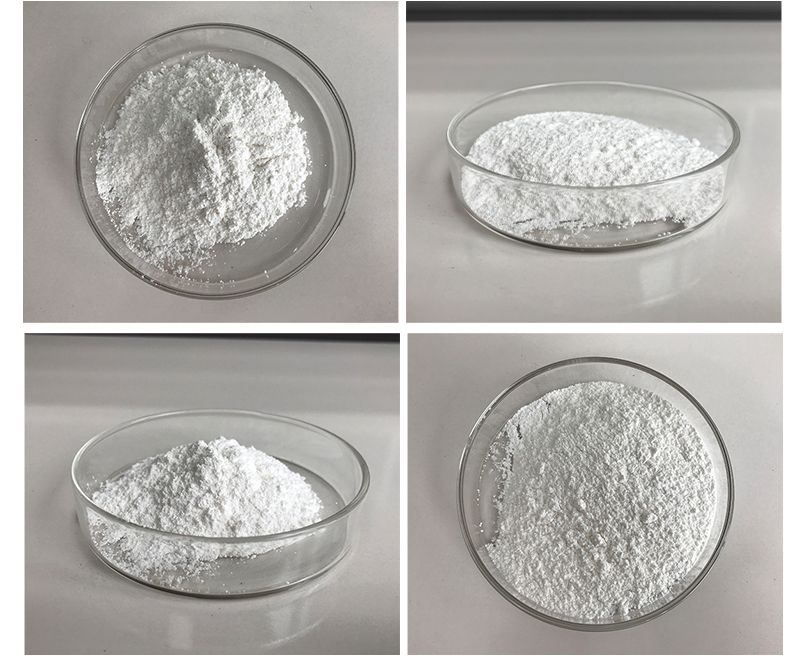Adenosine Triphosphate (ATP) is a molecule that serves as the primary energy currency in cells. It plays a crucial role in various physiological processes and is involved in several clinical applications. Some of the clinical uses of ATP are as follows:

1.Cardiac Stress Testing: Adenosine Triphosphate is utilized in pharmacological stress tests to evaluate the function of the heart and diagnose coronary artery disease. Intravenous infusion of ATP causes coronary vasodilation, simulating exercise-like conditions on the heart. The response of the heart to increased demand can help identify any potential blood flow restrictions and assess overall cardiac health.
2.Myocardial Perfusion Imaging: ATP is used in conjunction with radionuclides (e.g., Technetium-99m) during myocardial perfusion imaging. It helps assess blood flow to the heart muscle and identify areas of reduced perfusion, which can be indicative of ischemia or myocardial infarction.
3.ATP Infusion for Bradycardia: In emergency medicine, ATP can be administered intravenously to treat certain cases of symptomatic bradycardia (abnormally slow heart rate). ATP can transiently block electrical conduction pathways in the heart, which can help restore normal sinus rhythm in some patients.
4.ATP as a Vasodilator: Adenosine Triphosphate can act as a vasodilator, promoting the relaxation and widening of blood vessels. It is sometimes used in research settings to study vascular function or in specific clinical situations where vasodilation is desired.
5.Wound Healing: ATP is involved in cell signaling and the regulation of various cellular processes. Some studies have explored the topical application of ATP or its derivatives to promote wound healing and tissue repair. However, this area of research is still in its early stages.
6.Diagnosis of Mitochondrial Disorders: ATP production occurs primarily in the mitochondria of cells. In cases of suspected mitochondrial disorders, measuring ATP levels or ATP-related parameters in blood or tissue samples can aid in diagnosis and assessing mitochondrial function.
7.Athletic Performance and Recovery: Some supplements and sports products claim to enhance athletic performance and improve recovery by providing ATP or substances that can increase ATP levels in muscles. However, the efficacy and safety of such products are still subjects of ongoing research and debate.
It’s important to note that while Adenosine Triphosphate has several clinical applications, it is primarily administered and used under the supervision of healthcare professionals due to its potency and potential side effects. Additionally, some clinical applications of ATP are still being studied, and their widespread use may evolve as more research is conducted.

Effects of Adenosine Triphosphate
Adenosine Triphosphate (ATP) is a molecule that serves as the primary energy carrier in cells. It plays a crucial role in various cellular processes, and without it, life as we know it would not be possible. ATP is generally considered safe when used and produced naturally by the body. However, in some circumstances, excessive ATP release or administration can have adverse effects. Here are some potential adverse effects of ATP:
1.Cardiovascular effects: ATP can cause vasodilation (widening of blood vessels) and a drop in blood pressure, leading to hypotension. This can result in dizziness, fainting, or even shock in severe cases.
2.Respiratory effects: ATP can induce bronchoconstriction, causing a narrowing of the airways in the lungs. This effect may exacerbate respiratory conditions like asthma and lead to breathing difficulties.
3.Gastrointestinal effects: High levels of ATP can stimulate gastrointestinal motility and increase the production of stomach acid, potentially leading to symptoms such as nausea, vomiting, and heartburn.
4.Allergic reactions: In some individuals, ATP can trigger allergic reactions, ranging from mild skin rashes to severe anaphylaxis, a life-threatening allergic response.
5.Neuromuscular effects: ATP can affect neuromuscular transmission and may lead to muscle spasms, weakness, or other neurological symptoms.
6.Blood clotting: ATP can promote platelet aggregation, which is essential for normal blood clotting. However, excessive ATP release may contribute to abnormal clot formation and thrombosis.
7.Interactions with medications: High doses of ATP might interact with certain medications, such as anticoagulants or antiplatelet drugs, potentially increasing the risk of bleeding or clotting disorders.
It’s essential to note that adverse effects related to ATP are not common, as the body tightly regulates ATP levels. ATP supplements or therapies using ATP would generally be administered under strict medical supervision, and any potential side effects would be closely monitored.
As of my last update in September 2021, ATP supplements were not widely used or approved for general consumption due to the potential risks and lack of substantial evidence for their effectiveness. Therefore, if you have any concerns about ATP supplements or therapies, it’s best to consult a healthcare professional for personalized advice and guidance.
